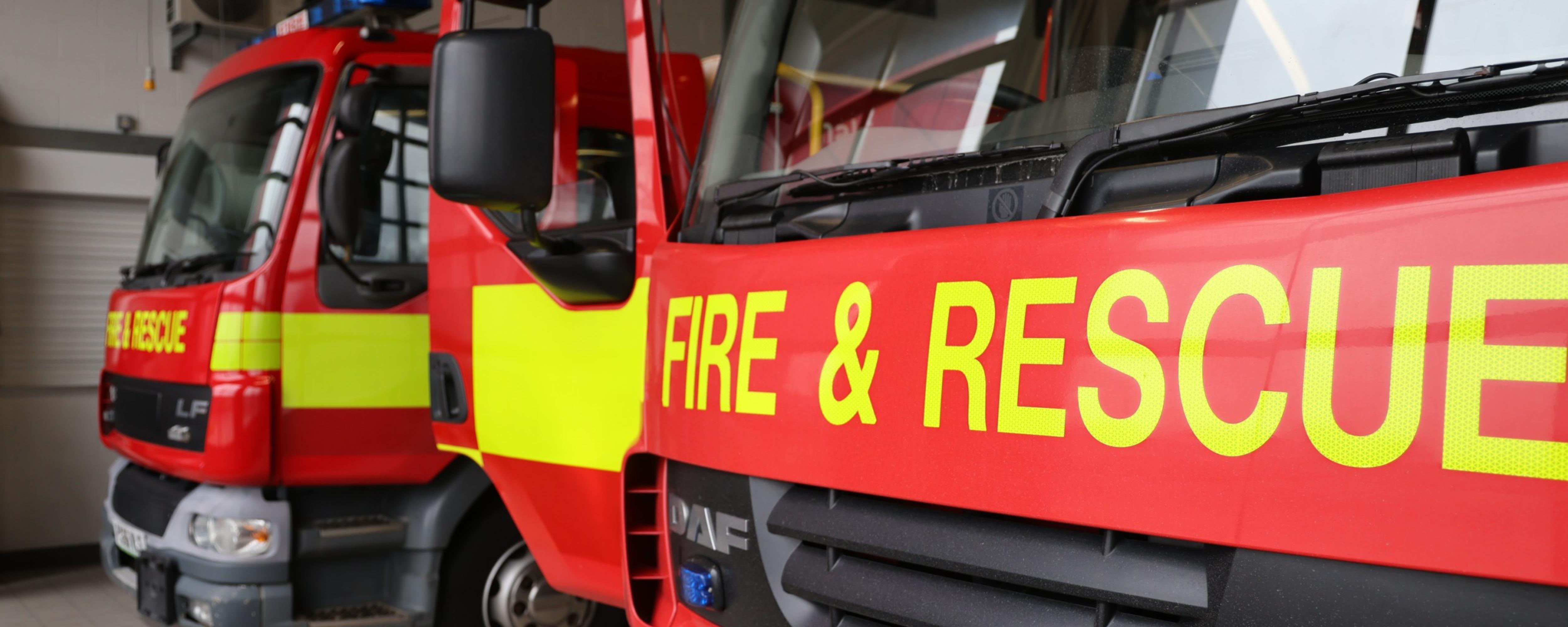E-Bikes and E-Scooters
Private E-scooters are illegal to use on roads and in public spaces like pavements and shopping centres in UK.
Only “electrically assisted pedal cycles” (EAPCs) are legal in England. The EAPC must be un-modified, have a restricted speed of 15.5mph. You must be over 14 years old to ride an EAPC.
Stay safe by:
Buying e-scooters, e-bikes, batteries and chargers from reputable retailers
If you need to buy a replacement battery or charger, always choose a branded, genuine product from a supplier you can trust. There are lots of fakes out there, and it can be difficult to spot the difference.
Checking that any conversion kits meet British or European safety standards
Registering your products with the manufacturer for safety updates and recalls
Ensuring components are compatible if bought separately
Learn more about e-bike laws and for e-scooters.
You can also find this video translated into Arabic, Urdu, Romanian and Portuguese (including Brazilian Portuguese) by following this link to the OPSSchannel.





